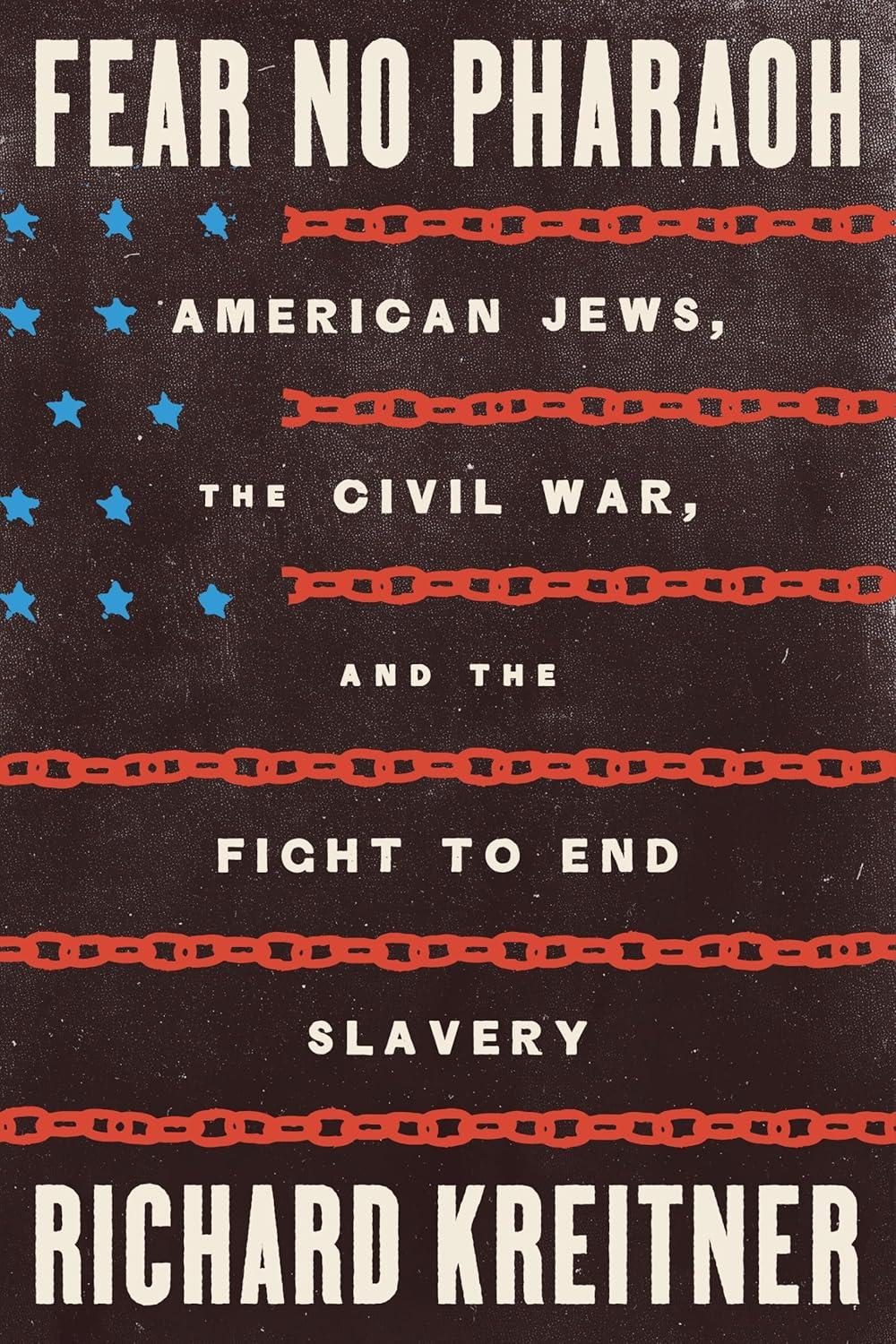Einhorn could not understand how someone who “praises the Lord daily for the deliverance out of the Egyptian yoke of slavery, undertook to defend slavery.” The first line of the Ten Commandments identifies God as the being “who brought thee out of the land of Egypt—out of the house of bondage.” To Einhorn, Raphall’s remarks were nothing less than “a profanation of God’s name.”
This attitude rankled a lot of people and resulted in threats against Einhorn’s safety. He wanted to tough it out, even in April when proslavery mobs were tearing through Baltimore and his name was high on their list of targets. But friends convinced him to take refuge in nearby Pennsylvania. When order was restored a few weeks later, he tried to come back. But when his congregation requested that he keep quiet about slavery, Einhorn resigned and never returned to the city.
“Einhorn was far from representative of most Jews in America,” Kreitner acknowledges, but he doesn’t use him as a cudgel with which to beat his less courageous contemporaries:
As with Jewish participation in the Atlantic slave trade, the extent of Jewish slave ownership in the early republic was roughly on par with that of the white population overall. Jews were neither uniquely guilty nor a morally enlightened exception. They went along with the practices of those among whom they lived.
With a few exceptions, Southern Jews “were part of the South. They shared the principles, practices, and prejudices of other whites.”
What about the Jews of the North? When Lincoln took office, most of the Jews in the US were new arrivals (their population had risen from 50,000 to 150,000 over the previous decade), and most of them lived in the North. They were shaped by memories of their difficult European past and aware of the animosity toward them that existed even in the New World. In a “sometimes hostile atmosphere,” they generally felt, “it was best to simply keep one’s head down and not draw attention.”
The relatively favorable status that the Jews enjoyed in antebellum America was in part because, Kreitner argues, there was another object of racial hostility on hand to deflect hatred that might otherwise have been directed against them. He suggests that “a gut-level awareness of this dynamic may have discouraged American Jews from speaking out against slavery.” Those who felt otherwise, like Bondi, Einhorn, and Rose, had to be bold. For, as Kreitner writes, “any Jews who decided to speak—or act—against slavery had to do so as individuals, without communal protection or encouragement of any kind.” Moreover, the abolitionist community was deeply Christian and unhospitable to Jews, so it was no “wonder that so few Jews opted to join the abolitionists’ often openly anti-Jewish crusade.”
